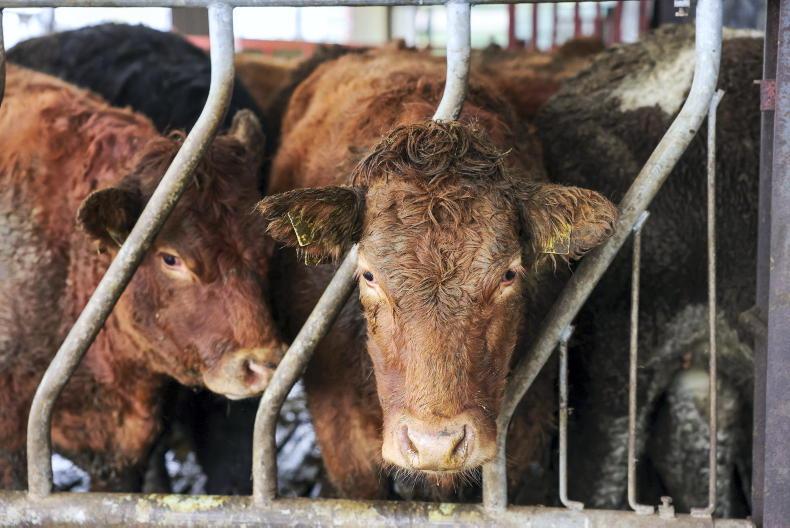Controversial new rules on the sale of animal health medicines will not come into force from 1 December due to problems with the proposed legislation.
Serious concerns with the legislation as it is currently framed were raised by the Joint Oireachtas Committee on Agriculture.
The committee has stated that it was not happy to proceed with a pre-legislative scrutiny of the bill. This means that the legislation cannot proceed into law, and that the 1 December schedule for the introduction of the new rules cannot be met. The controversial measures included in the legislation would have required farmers purchasing a range of antiparasitic treatments to have received a prescription from a vet.
However, this move was strongly opposed by the farm organisations, licensed merchants, co-ops and pharmacies.
These groups argued that the legislation would hand a near-monopoly position to vets in the dispensing of these products, as well as restricting access to them in areas where there is no veterinary practice.
In response, the Oireachtas committee suggested separating the prescribing and dispensing of veterinary medicines to eliminate any commercial conflict of interest. It pointed out that such a system is practiced in the Scandinavian countries.
The committee also recommended that licensed merchants be recognised as a “responsible person” similar to the model in Northern Ireland which is currently compliant with EU regulations.
Among the other concerns raised by the committee were the proposed penalties for breaches of the new rules.
Moreover, misgivings were expressed regarding the sharing of data provided on the National Veterinary Prescription System.
Irish Licenced Merchant Association spokesman Ollie Ryan ?said: “We welcome the intervention by the [committee] on the proposed legislation. We have worked hard with the Department of Agriculture and the committee over the last few months and we’ll continue to try and look for a solution that will be acceptable to all stakeholders including the end user, the farmer.”










SHARING OPTIONS